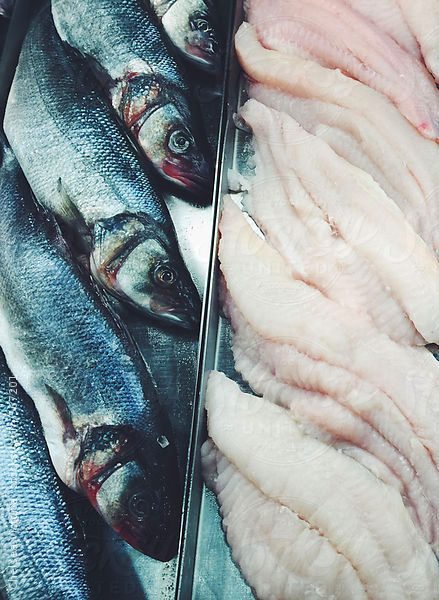Seafood Mislabeling: Let’s Solve the Real Problem

The Wall Street Journal recently published an informative article that explores the ongoing problem of seafood mislabeling.
But the data on mislabeling—up to 87% of snapper was found to be mislabeled—reveals a deeper problem that isn’t just about faulty processes, deception, or negligence. The root of the problem may actually have a lot more to do with human behavior.
In a world fascinated with food in all its abundance and variety, seafood literacy still takes a back seat. Consumers are unwittingly contributing to mislabeling by insisting on increasingly rare and expensive species like grouper and snapper when equally delicious, sustainably-farmed choices are now broadly available.
Too many consumers have wrongly come to believe that farmed seafood is inherently inferior to wild caught. As a result, many chefs have become fearful of serving (or accurately labeling!) their seafood. In reality, significant advances in sustainable farming make the best farmed fish the lowest impact—and arguably the world’s healthiest form of animal protein—but all of this progress and the benefits it brings is for naught if consumers don’t buy it.
Many people are surprised to learn that the majority of the “Best Choices” according to Monterey Bay Aquarium’s National Seafood Watch® guide are farmed. Smart farming methods, built on robust environmental monitoring, adaptive management, and complete traceability are being deployed at scale. And eating sustainably doesn’t have to require compromise—most independent taste tests confirm that foodservice professionals and consumers select farmed seafood for its constantly high quality and great flavor.
So, let’s re-think the future of fish.
Chefs, we encourage you to educate yourselves about this fascinating category and to speak with conviction to your patrons. Your skills and the high quality of the seafood you serve will shine through. Informed and open-minded consumers have a critical role to play in helping chefs make eating seafood a more transparent and consistently sustainable choice. We all want great tasting, sustainable seafood for our families and generations to come. Open minded consumers and talented chefs can help us get there.
Josh Goldman
CEO / Co-Founder